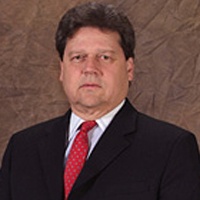 Seven Mile Wills & Probate Lawyers, Ohio
Seven Mile Wills & Probate Lawyers, Ohio
Sponsored Law Firm
-
 x
x

Click For More Info:
-
Pomerico Law
2910 Wilmington Road New Castle, PA 16105» view mapBankruptcy, Chapter 7, Chapter 13 Your Power Of Attorney
Offering prompt and effective legal advice in bankruptcy, our firm had helped individuals and companies get the fresh start they are in need of.
800-964-4401
Includes: Estate Administration, Living Wills, Wills
Sponsored Lawyers
1-3 of 3 matches
Criminal, Traffic, Juvenile Law, Wills & Probate, Adoption
Attorney Michael A. Newland is ready to represent you in a variety of criminal accusations and traffic violations, including state misdemeanor charges, state felony charges, DUI/DWI, minor traffic tickets and more. Mr. Newland can also represent children in juvenile defense cases, and has been helping clients of all kinds for over 25 years. Mr. Newland puts his clients first. He will give frank and honest advice, and will represent you aggressively. You will work with him from start to finish, and he will sit down with you personally to discuss your situation, options and your goals. Your best interests become his priority, and he will fight to protect them. He will do whatever he can to mitigate or eliminate the charges you face and their consequences.
(more)



 Louis Pomerico New Castle, PA
Louis Pomerico New Castle, PA About Us4 Reasons To Work With Us
About Us4 Reasons To Work With Us Contact UsCall or Email
Contact UsCall or Email


